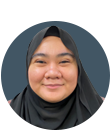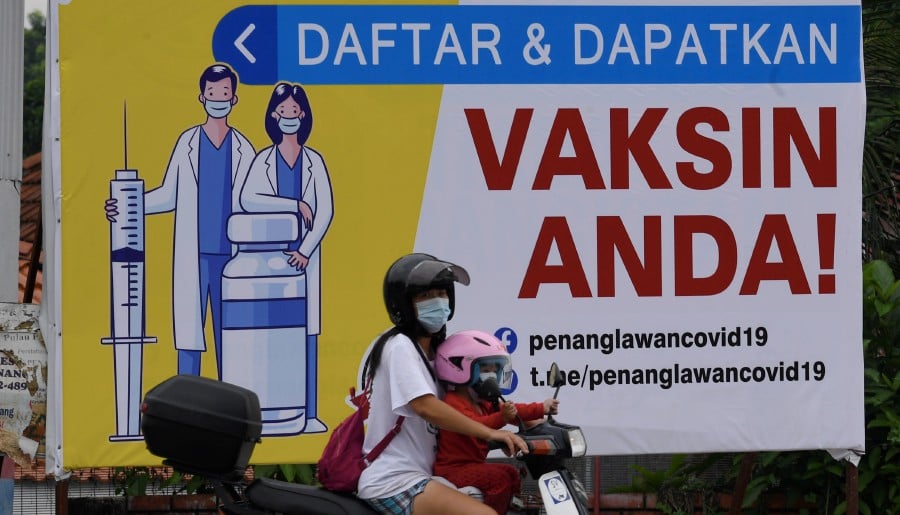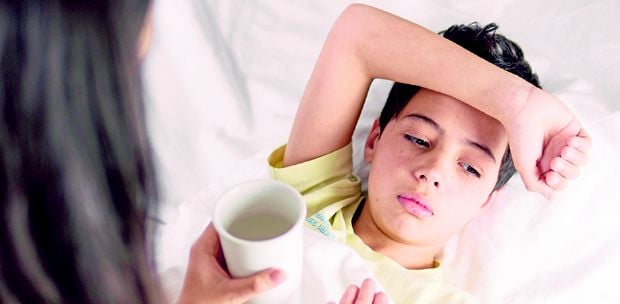KUALA LUMPUR: Individuals who test positive for Covid-19 will no longer be given home surveillance orders (HSO) and will be treated similarly with other respiratory infections.
Health Minister Datuk Seri Dr Dzulkefly Ahmad said the revocation of HSO was among standard operating procedures (SOP) and guidelines reviewed by the ministry in implementing its "Living with Covid-19" phase.
Previously, those tested positive for Covid-19 would have to observe a five-day HSO, starting from the onset of symptoms.
As for the issuance of medical leave certificates or referral to a hospital (if necessary), Dr Dzulkefly said it was based on the assessment of the attending medical officer.
"Close contacts of Covid-19 positive cases are encouraged to monitor their own symptoms and health status.
"If symptoms persist or worsen, it is advised to visit nearby healthcare facilities (government or private) for assessment and further treatment," he said in a parliamentary reply to Datuk Dr Ahmad Yunus Hairi (PN-Kuala Langat) published yesterday.
Yunus was inquiring about the preparations by the ministry given the recent increase in cases of Covid-19 in Singapore.
Dr Dzulkefly said those tested positive for Covid-19 still had the potential to spread the virus.
"Therefore, as a social responsibility, they are encouraged to stay at home or in their residence. If they must go out, they should avoid close contact with others and consistently adhere to public health control and prevention measures.
"If symptoms persist or worsen, they should seek assessment and further treatment at nearby healthcare facilities."
Regarding the use of face masks, Dr Dzulkefly said healthcare workers, individuals with respiratory symptoms and those who tested positive for Covid-19 were still required to wear them, with additional requirements for the latter two to minimise their social interaction.
"Individuals experiencing respiratory symptoms are encouraged to wear face masks, particularly in healthcare settings, crowded areas or poorly ventilated spaces.
"Healthcare personnel are encouraged to wear face masks while attending to patients in healthcare facilities, following infection control and prevention protocols."
Meanwhile, regarding the recent increase of Covid-19 cases in Singapore, Dr Dzulkefly said that the ministry had bolstered its preparedness to address the potential rise of cases in Malaysia.
These measures included continuous monitoring of the current Covid-19 situation locally and globally.
"The ministry has a monitoring method known as Heightened Alert System (HAS), which has been in place since the early stages of the pandemic and continues to be used today.
"Three indicators monitored under HAS are Covid-19 transmission, case management and hospital capacity for response."
Dr Dzulkefly said the ministry had also enhanced its screening and management of diseases with pandemic potential at the country's entry points.
"Other measures are implementing continuous clinical and laboratory-based disease surveillance as an early warning system for potential pandemic events.
"We try to provide accurate information to the public regarding pandemic developments and adopt a comprehensive approach to risk communication and community engagement. We are also enhancing the use of digital technology in delivering health services, tracking disease spread, contact tracing and monitoring infectious diseases," he said.






